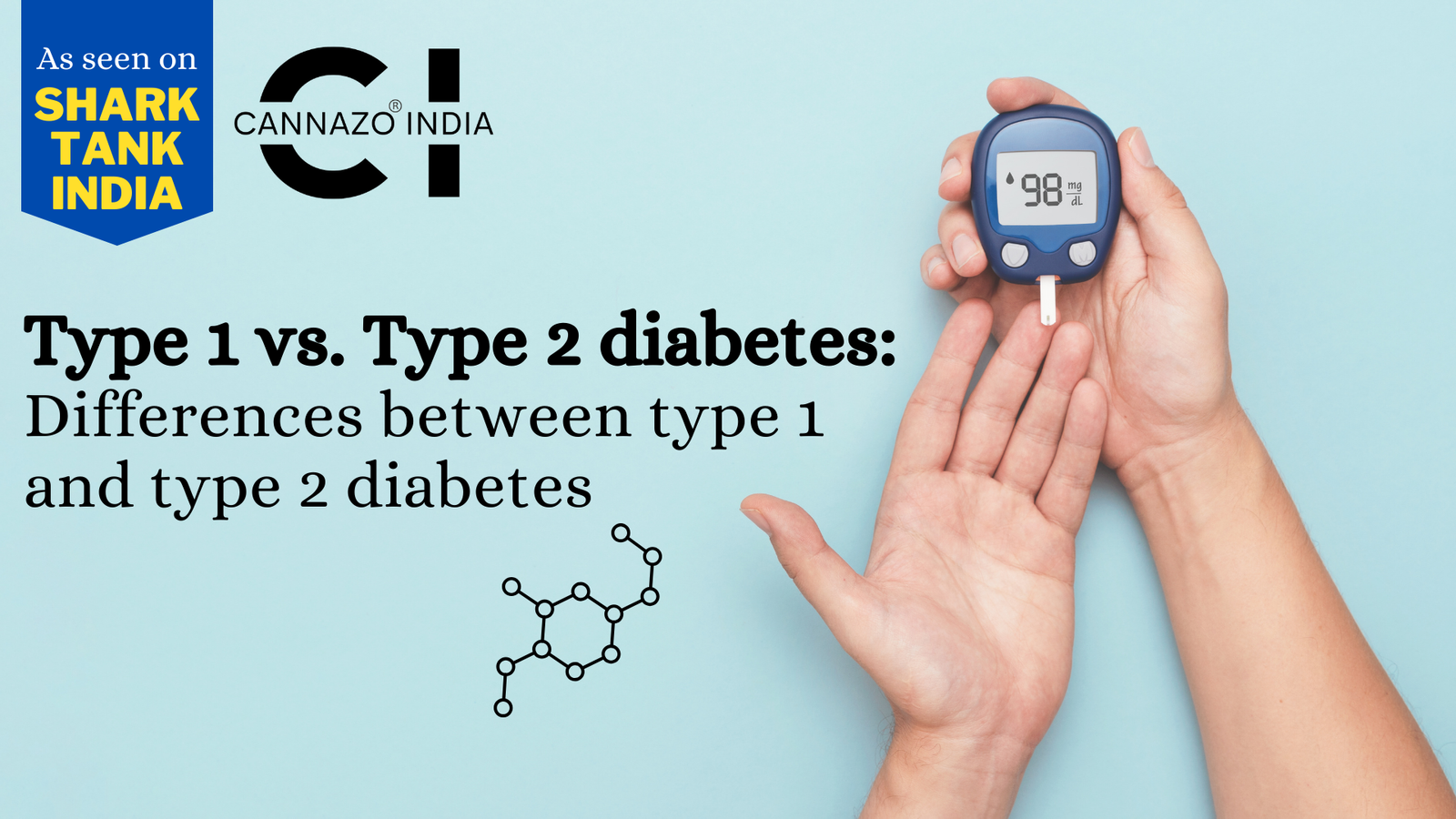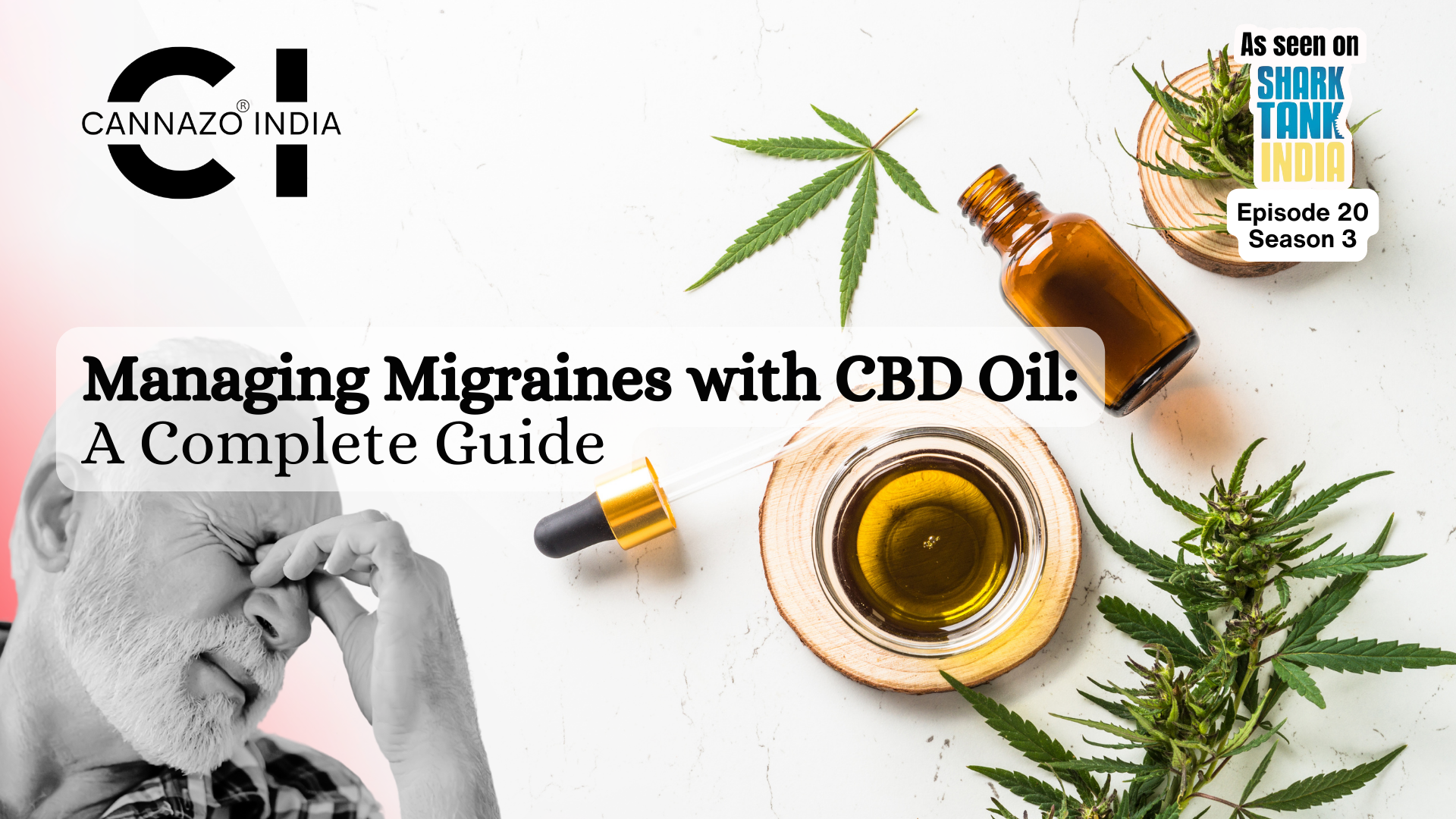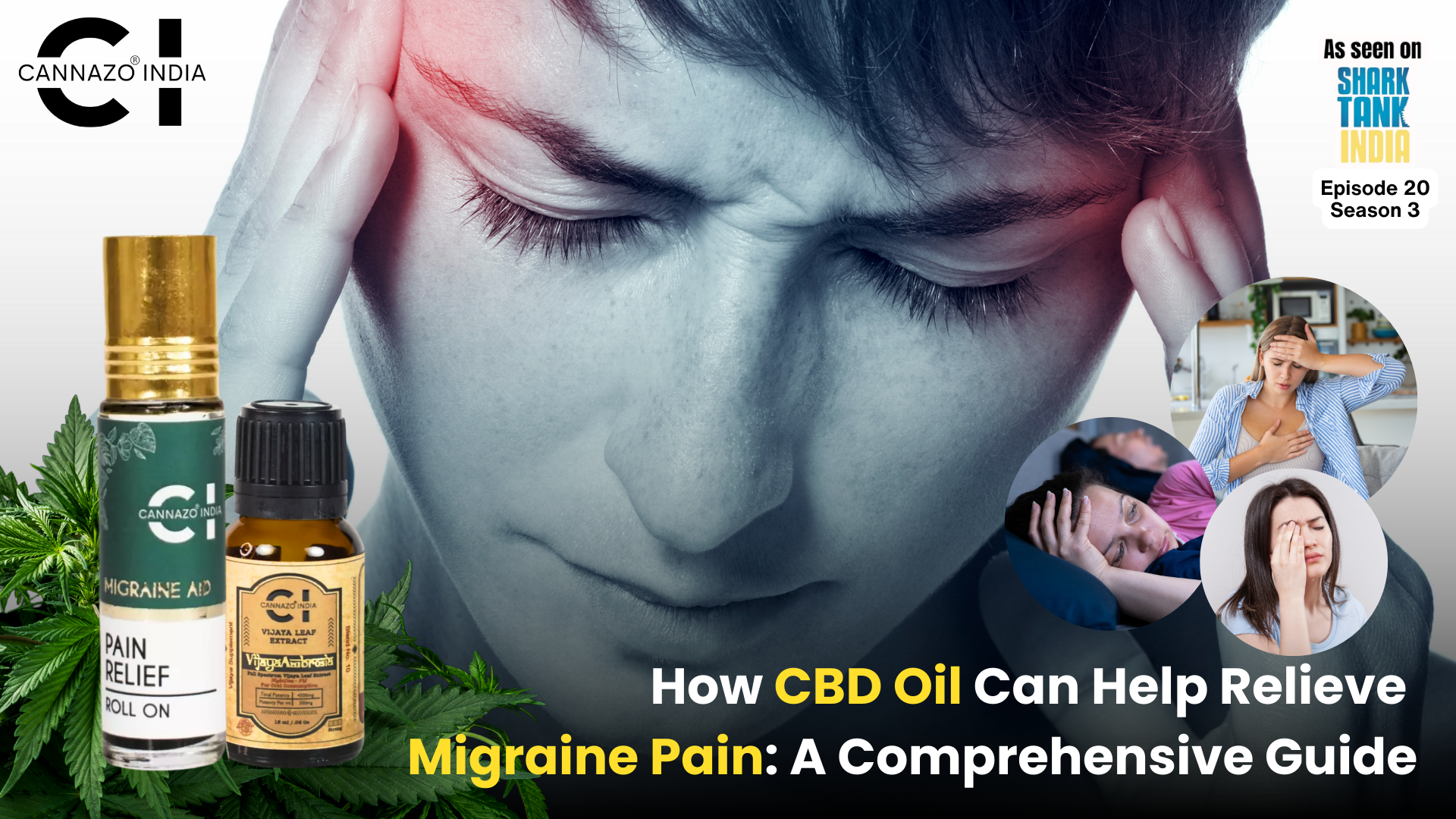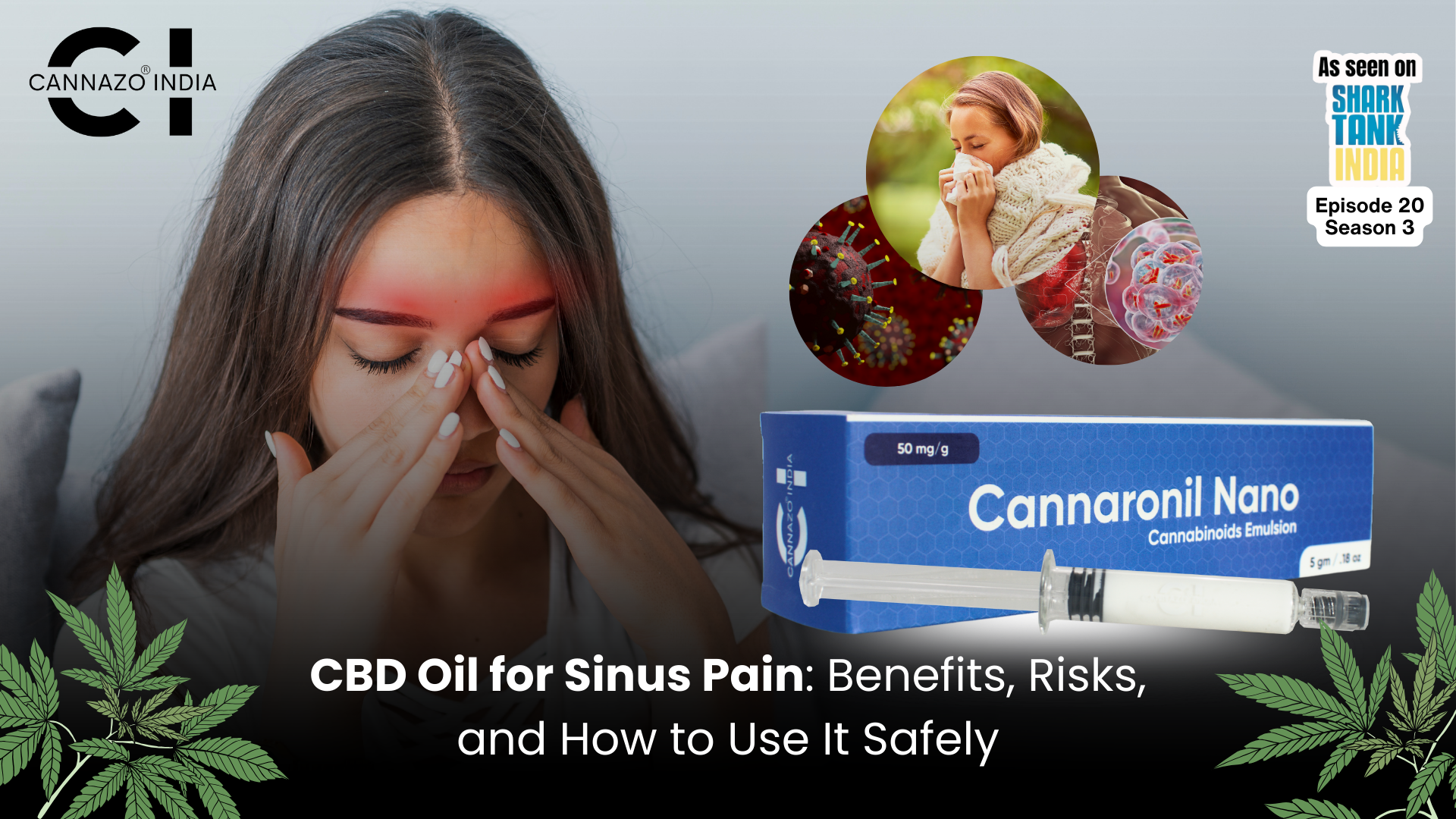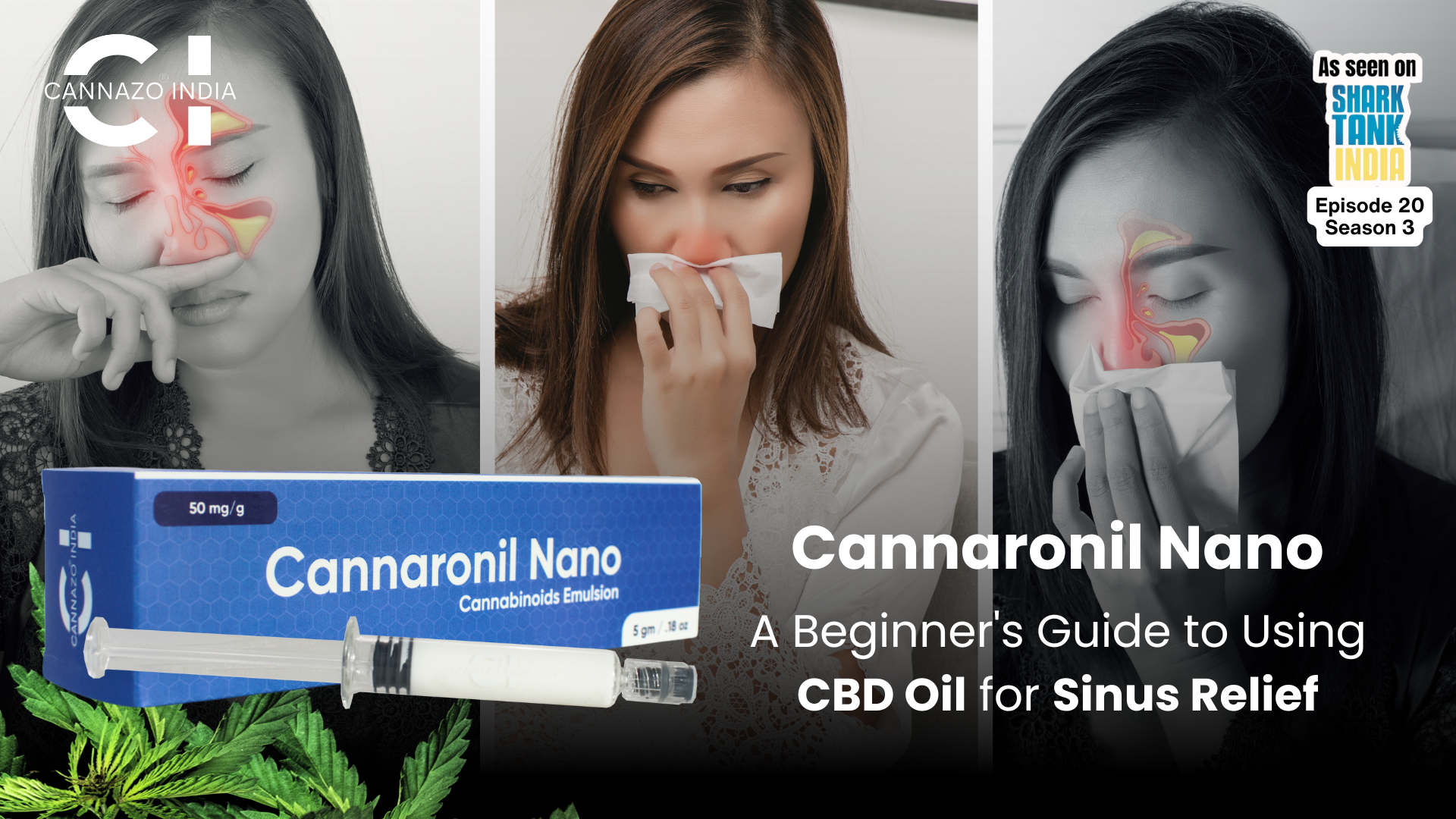Introduction
Scleroderma, or systemic sclerosis, is a complex autoimmune disease characterized by the hardening and tightening of the skin and connective tissues. This condition can lead to significant complications affecting various organs, including the heart, lungs, and kidneys. As patients seek alternative treatments to manage symptoms, CBD oil for scleroderma has garnered attention due to its potential therapeutic benefits. This article explores the nature of scleroderma, how CBD oil can assist in managing its symptoms, recommended dosages, types of CBD products available, and how to choose the best CBD oil for scleroderma treatment.
What Is Scleroderma?
Scleroderma is an autoimmune disorder that primarily affects the skin but can also involve internal organs. The term “scleroderma” translates to “hard skin,” which reflects one of its most visible symptoms. The disease is categorized into two main types:
- Localized Scleroderma: Primarily affects the skin and may not progress to involve internal organs.
- Systemic Sclerosis: A more severe form that affects not just the skin but also internal organs, leading to complications such as pulmonary hypertension and renal crisis.
Symptoms of scleroderma can vary widely but commonly include:
- Thickened skin
- Joint pain and stiffness
- Swallowing difficulties
- Shortness of breath
- Fatigue
The exact cause of scleroderma remains unclear, but it involves an overproduction of collagen, leading to fibrosis (scarring) in affected tissues.
How CBD Oil Can Help Scleroderma Patients
Research indicates that CBD oil for scleroderma may offer several benefits due to its anti-inflammatory properties, pain relief capabilities, and ability to modulate the immune system.
Anti-inflammatory Properties
CBD has been shown to possess significant anti-inflammatory effects. It interacts with the endocannabinoid system (ECS), which plays a crucial role in regulating inflammation. Studies suggest that CBD can reduce levels of pro-inflammatory cytokines and inhibit inflammatory pathways, potentially alleviating symptoms associated with scleroderma. This modulation could help manage skin inflammation and fibrosis common in scleroderma patients. [1], [2]
Pain Relief
Chronic pain is a prevalent issue for individuals with scleroderma. CBD oil has been reported to provide pain relief by influencing pain perception pathways in the brain. By increasing levels of anandamide, a compound associated with pain regulation, CBD may help reduce discomfort experienced by patients. Clinical studies have indicated that topical applications of CBD can significantly lower pain scores in patients suffering from digital ulcers related to scleroderma. [1], [3], [4]
Immune System Modulation
Scleroderma is characterized by an overactive immune response. CBD’s immunomodulatory effects may help balance this response, potentially reducing autoimmune activity. By interacting with cannabinoid receptors in the immune system, CBD could help mitigate the severity of autoimmune reactions seen in scleroderma. [2], [5]
Recommended CBD Oil Dosage for Scleroderma
Determining the appropriate dosage of CBD oil for scleroderma can be complex due to individual variability in metabolism and symptom severity. While there is no universally recommended dosage, guidelines suggest starting with a low dose and gradually increasing it based on individual response:
- Start Low: Begin with 10 mg per day.
- Gradual Increase: If no improvement is observed after a week, increase the dosage by 5–10 mg.
- Monitor Effects: Continue adjusting until desired effects are achieved or side effects occur.
It is advisable for patients to consult healthcare providers familiar with cannabinoid therapy before starting any regimen.
Types of CBD Products for Scleroderma Treatment
There are various forms of CBD products available that may be suitable for treating scleroderma symptoms:
CBD Tinctures/Oils
CBD tinctures or oils are among the most popular forms due to their ease of use and quick absorption when taken sublingually (under the tongue). This method allows for rapid onset of effects, making it suitable for managing acute symptoms. [5]
Topical CBD Creams
Topical applications are particularly beneficial for localized symptoms such as skin inflammation or digital ulcers. These creams can be applied directly to affected areas, providing targeted relief without systemic effects. [1], [6]
CBD Capsules
For those who prefer a more traditional method of consumption, CBD capsules offer a convenient way to incorporate CBD into daily routines. They provide a consistent dosage but may take longer to take effect compared to tinctures. [6]
CBD Vape Products
Vaping CBD allows for rapid absorption into the bloodstream through the lungs. However, this method may not be suitable for all patients, especially those with respiratory issues related to scleroderma.
Benefits of CBD Oil for Scleroderma
The potential benefits of using CBD oil for scleroderma include:
- Reduction in Skin Inflammation: Studies indicate that topical application can significantly improve skin conditions associated with scleroderma.
- Pain Management: Many users report decreased pain levels when using CBD oil regularly.
- Improved Quality of Life: Enhanced sleep quality and reduced anxiety have been noted among patients using CBD products. [6], [4]
- Fewer Side Effects: Compared to traditional medications used for pain and inflammation management, CBD tends to have a more favourable side effect profile.
Choosing the Best CBD Oil for Scleroderma
When selecting CBD oil for scleroderma, consider the following factors:
- Source and Quality: Look for products derived from organically grown hemp and ensure they undergo third-party testing for purity and potency.
- Full-Spectrum vs. Isolate: Full-spectrum oils contain additional cannabinoids and terpenes that may enhance therapeutic effects through the entourage effect. However, if THC is a concern (due to legal or personal reasons), a broad-spectrum or isolate product may be preferable.
- Concentration: Choose a concentration that aligns with your dosage needs; higher concentrations may be more cost-effective in the long run.
- Formulation: Depending on your symptoms, you might prefer oils for systemic relief or topical formulations for localized treatment.
Conclusion
The exploration of CBD oil for scleroderma presents promising avenues for symptom management in patients facing this challenging condition. With its anti-inflammatory properties, potential for pain relief, and ability to modulate immune responses, CBD oil offers a complementary approach alongside traditional treatments. While further research is necessary to establish definitive guidelines on dosages and long-term effects, many individuals report positive outcomes when incorporating CBD into their treatment plans. As always, consulting with healthcare professionals knowledgeable about cannabinoid therapies is essential before initiating any new treatment regimen.
References
- Spinella, A., De Pinto, M., Baraldi, C., Galluzzo, C., Testoni, S., Lumetti, F., Parenti, L., Guerzoni, S., Salvarani, C., & Giuggioli, D. (2022). Topical Cannabidiol in the Treatment of Digital Ulcers in Patients with Scleroderma: Comparative Analysis and Literature Review. Advances in Skin & Wound Care, 36(1), 18–23. https://doi.org/10.1097/01.asw.0000891856.08360.61
- Atalay, S., Jarocka-Karpowicz, I., & Skrzydlewska, E. (2019). Antioxidative and Anti-Inflammatory properties of cannabidiol. Antioxidants, 9(1), 21. https://doi.org/10.3390/antiox9010021
- Johnson, J. (2023e, May 22). Does CBD oil work for chronic pain management? https://www.medicalnewstoday.com/articles/319475
- Rd, J. K. M. (2023g, June 30). 6 health benefits of CBD Oil — and a look at side effects. Healthline. https://www.healthline.com/nutrition/cbd-oil-benefits
- 321CBD. (n.d.). Cannabinoids to treat Scleroderma | 321CBD. https://www.321cbd.com/en/blog/154-the-cannabinoids-for-treatment-of-scleroderma
- Giuggioli, D., De Pinto, M., Parenti, L., Magnani, L., Castrignanò, P., Salvarani, C., & Spinella, A. (2021). POS0837 THE USE OF CANNABIDIOL IN THE TREATMENT OF PAIN RELATED TO SCLERODERMA DIGITAL ULCERS. Annals of the Rheumatic Diseases, 80(Suppl 1), 672.2-673. https://doi.org/10.1136/annrheumdis-2021-eular.918
































